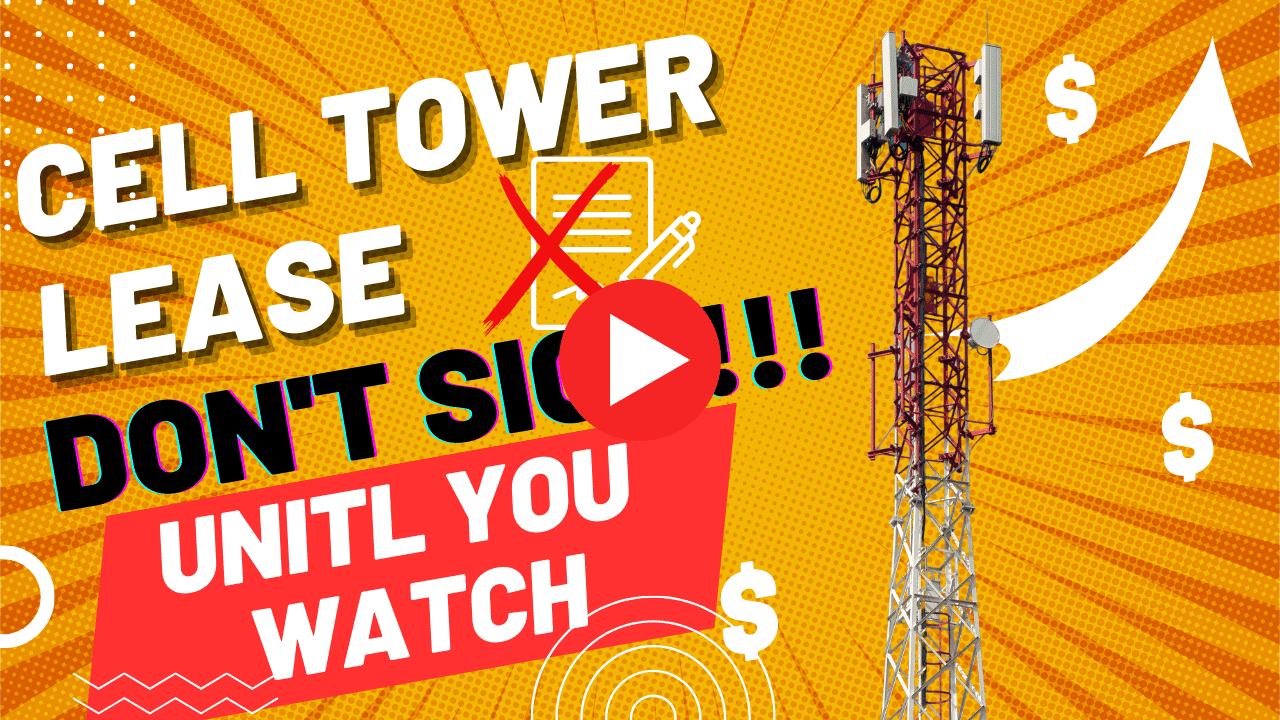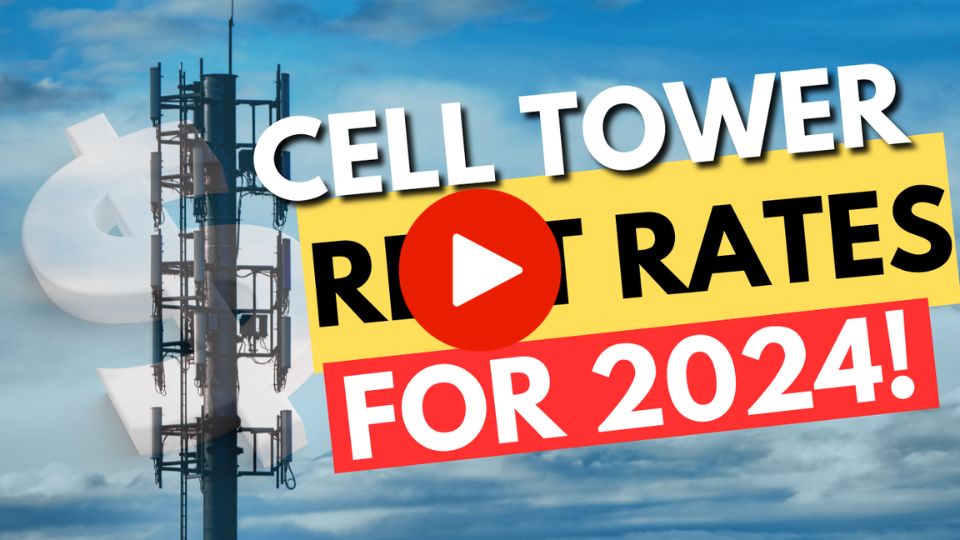Cell Tower Demand
In recent years, the demand for cell towers has increased as companies try to expand their 5G networks.
A cell tower lease involves leasing a piece of land or property to a telecommunication company for the purpose of erecting a cell tower.
Although cell towers have proven to be a lucrative source of income for landowners, the disadvantages could outweigh the benefits.
Disadvantages Of A Cell Tower Lease
The following are some of the cons associated with having a cell tower lease:
Firstly, a cell tower lease can impact the aesthetics of the surrounding environment.
A towering structure with antennas and wires is not visually appealing, and it can distract from the beauty of a location and the overall value of the real estate that it is located thereon.
Residents of the area may find the tower an eyesore, especially if it is located within a residential neighborhood.
The presence of a cell tower can also reduce the value of neighboring properties because it makes the area less attractive.
Secondly, a cell tower lease can be a safety hazard.
There have been instances where cell towers have collapsed, causing damage to property and a property owner must make sure they are properly protected under the cell tower lease agreement.
In addition, the use of the cell tower leased space by the cell tower company could result in damages to the overall property and, due to certain lease restrictions, it could also limit the real estate owner’s ability to develop, dispose or even finance the property in the future.
Thirdly, a cell tower lease can lead to disputes between landowners and telecommunication companies. Contracts may not always be straightforward, and in some cases, landowners may be exploited by companies seeking to take advantage of their lack of knowledge of the cell tower industry. The terms of the lease may not always be in agreement with the landowner’s interests, leading to unforeseen complications.
Fourthly, a cell tower lease usually involves a long-term commitment. Landowners must enter into a lease agreement lasting from 10 to 100 years, and once signed, they cannot break the agreement. This long-term commitment may prevent landowners from using the land for other purposes or from selling it outright. As a result, landowners may be tied to the same payment schedule and conditions for an extended period.
Additionally, the rapid advancement of technology means that cell towers may become obsolete in the near future. As 5G networks continue to expand, smaller and more discreet antennas are being developed, which could make traditional cell towers unnecessary. This could leave landowners with a useless structure on their property and no source of income. It is important for landowners to consider the long-term implications of a cell tower lease and to understand the obligations of the cell tower company to remove the cell tower and restore the property
In conclusion, while having a cell tower lease may provide a landowner with a steady source of income, the disadvantages far outweigh the benefits. The presence of a tower can reduce the aesthetic value of an area, raise safety concerns, lead to disputes, and limit the potential use of the land. It is therefore vital for landowners to weigh the pros and cons carefully before entering into a cell tower lease agreement.




